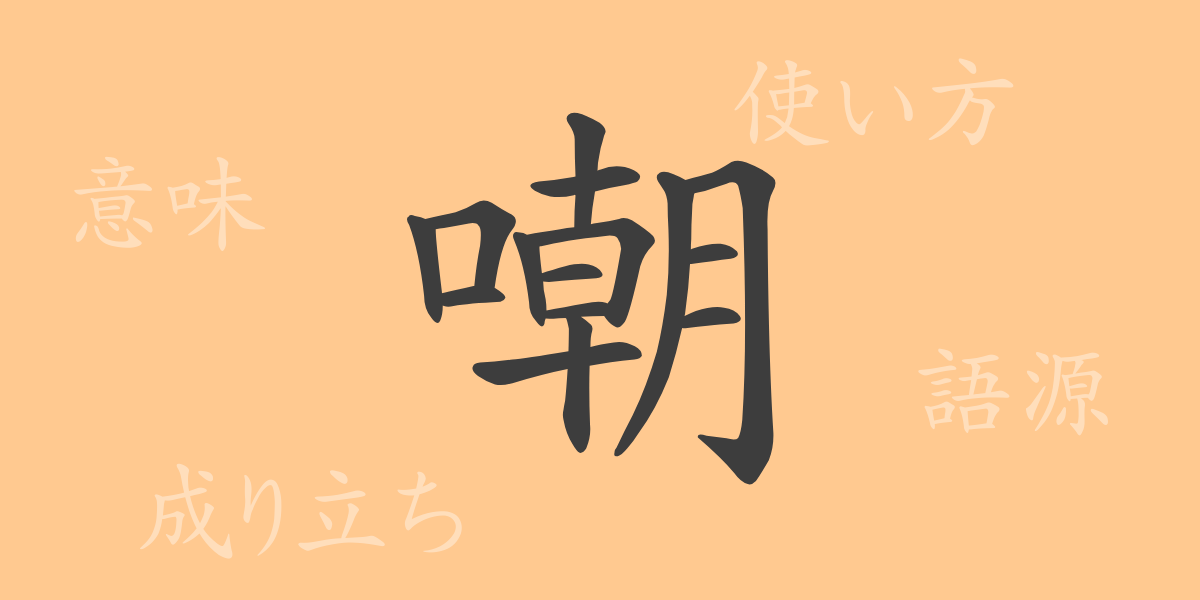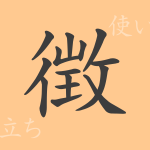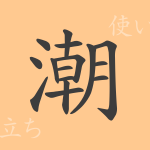The richness of the Japanese language is evident in its vast vocabulary that delicately expresses emotions and landscapes. Among these, specific kanji depict particular actions or emotional states, playing a vital role in everyday conversations and literature. This article focuses on the kanji ‘嘲(チョウ)’, exploring its profound meanings and usages.
Origins of ‘嘲(チョウ)’
The kanji ‘嘲’ originates from ancient China, comprising ‘口(くち)’ (mouth radical) and ‘朝(チョウ)’, initially symbolizing the imitation of human voices. Over time, its usage expanded to express mockery and ridicule, illustrating how language evolves within cultural and social contexts.
Meanings and Usages of ‘嘲(チョウ)’
‘嘲’ is used to denote mockery or ridicule of others. It often encompasses negative emotions and is utilized to depict contempt. However, depending on the context, it can also be used in a self-deprecating sense, as in self-mockery.
Pronunciations, Stroke Count, and Radical of ‘嘲(チョウ)’
The basic information about the kanji ‘嘲’ is as follows:
- Pronunciations: On’yomi ‘チョウ’, Kun’yomi ‘あざけ.る’
- Stroke Count: 17 strokes
- Radical: ‘口(くち)’ (mouth)
Phrases, Idioms, and Proverbs Using ‘嘲(チョウ)’
There are numerous idioms and phrases involving ‘嘲’, each carrying a unique meaning:
- ‘自嘲(じちょう)’ – Self-mockery.
- ‘嘲笑(ちょうしょう)’ – Scoffing at someone.
- ‘嘲る(あざける)’ – A common verb in everyday conversation, meaning to mock or scorn.
Conclusion on ‘嘲(チョウ)’
The kanji ‘嘲’ plays a significant role in Japanese due to its ability to convey nuanced emotions. It is widely used in literature and daily speech, enhancing the depth of expression in the Japanese language. Through this article, we hope to deepen your understanding of ‘嘲’ and enrich your appreciation of Japanese linguistic expressions.

























